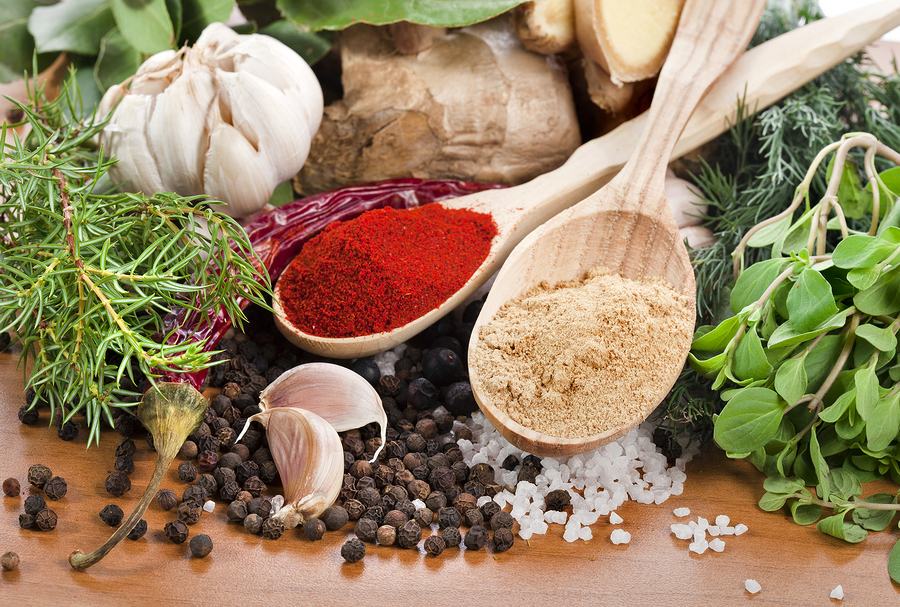
Written By Dr. Elisha Cook ND
There are many amazing herbs available to help with health and healing. Remarkably, some of these herbs and botanicals can be consumed as teas to promote beneficial outcomes. There are some prominent herbs that can reduce anxiousness, reduce nervousness, and calm individuals. Keep in mind that you should always consult with your Naturopathic Doctor to make sure these teas are right for you and that the dosing is adequate.
Hibiscus Tea
Hibiscus tea can promote relaxation and calmness through the fact that it is a flower. Flowers in general tend to promote calmness in individuals. Hibiscus, in addition, helps to lower blood pressure which can be an unfortunate consequence to anxiousness or stress.
Chamomile Tea
Chamomile tea can be great for digestive upset, and can help to calm the gut and the mind. For individuals that can feel anxiety or nervousness “in their stomach”, this tea can be a great add on to their treatment plan.
Lemon Balm Tea
Lemon balm tea is a great herb for all ages. Kids tend to love the taste of it, and it helps to ease nervous unrest. Many herbal blends will incorporate it into their sleep teas as it can also be great to promote a good night’s rest.
Peppermint Tea
Peppermint tea is another tea that can help to ease stomach discomfort with nervousness, but this calming herb also has some other great properties. Peppermint can help to open the airways, making it a bit easier to breath. We can sometimes see with stress or anxiety that individuals may struggle to “catch their breath”. This herb might prove to be a great add on for those struggling with this.
Lavender Tea
Lavender tea is a great herb for many reasons. As a flower it does help to promote calmness and rest. Many individuals will use this herb to aid with sleep as well. Some research has shown that lavender can be highly effective for anxiety, and has even been compared to such anxiolytic pharmaceuticals as Lorazepam.
If you benefited from this blog, Dr. Elisha Cook ND will have her book “Stress Less and Weigh Less” published in June 2023 that has information like this AND MORE. Contact us to get EARLY ACCESS by emailing info.pnhc@gmail.com or through the contact portion of our website.
Have you benefited from reading this blog? Know someone that would benefit as well? Share this article with someone who you think might benefit from the information and let me know what you think.
Some of the information provided above may not be appropriate for everyone, please consult with your doctor before trying any of the above. If you are interested in Naturopathic Medicine and wanting a different approach to your health care needs, contact Dr. Elisha Cook ND by calling/texting 226-232-7665 and book your appointment today!



